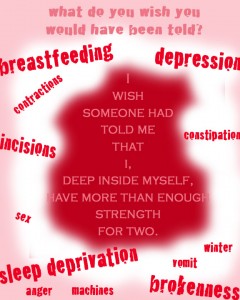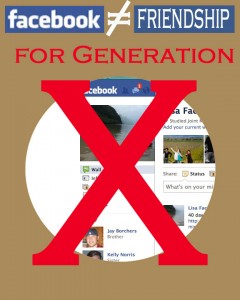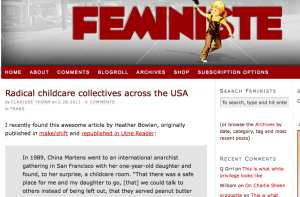*Consider this your warning that I’m going to be using a LOT of ambiguous language here.*
This post was inspired by a talk I attended tonight by an ecologist who talked about his conflict between science and faith. In the Q&A, I asked about his thoughts on the afterlife. I guffawed in appreciation at his remark, “I once heard that when we die and meet God, we’re going to have all of our answers. We’re going to have all the knowledge. I seriously hope not! To have all the answers and to know everything there is to know? I can’t imagine a worse place for a scientist!”
There are days when I wonder if the afterlife is going to be as interesting as the conversations here on earth that debate its existence.
I believe in heaven.
Meaning, when my heart stops beating, my lungs stop inhaling, and my brain stop functioning, something that is uniquely mine – some call it a soul – or whatever makes me ME is not going to stop. It’ll continue somehow.
I believe there is going to be some kind of transition and the manner in which we have come to know knowledge, primarily through our senses, will be perfected.
I believe that we will communicate in ways that involve but are no longer limited to spoken language.
I believe that the feeling when we realize we’re heading to heaven will be something akin to the feeling when you make a delightful discovery here on earth. Like when my mind is cracked open by a new perspective, or theory, or school of thought to explain a truth about the human condition. That CRACK is not a sound in my head. It’s a feeling, like a magnetic pull toward something where all things make sense.
I believe that in some illuminated, neon kind of way, we are going to see the world as it was, as it is, and how it should be and this will fill us with emotions, humility, and peace.
I believe there is going to be some kind of ridiculously funny absurd element to heaven. Like, I’m going to get there and find God is my twin. And when you see God, you’ll see your twin. And then they’ll be some obvious reason why that is and I’ll think, “OF COURSE! Why didn’t I think of that on earth?”
I believe that my fear of forever will melt like candy in the rain.
I don’t believe heaven is what we want it to be, like how it’s portrayed in horribly produced and poorly directed book-to-film movies like The Lovely Bones or anything resembling Mitch Albom’s projections in The Five People You Meet in Heaven. I don’t even believe that there is going to a spiritual war for souls, as predicted by a 4 year old who claimed to sit with God in Heaven is for Real. I believe that heaven lays beyond what we most desire, beyond our own cognizant understanding of desire. I believe it is what we were created for and what we return to: home.
I don’t believe that purgatory is going to be a fire burning one inch from our skin while we’re roasting like rotisserie chickens with our sins dripping off us like fat. I believe that purgatory is going to be the place where we come into a full understanding of our earthly lives and its significance and impact on others. I believe that purgatory is going to be the moment we are more humbled than at any part of our existence. Purgatory is where we come into full understanding of life. Heaven is where we have a full understanding of God.
I believe that even though that last paragraph I wrote probably made little to no sense to anyone but me, I do believe that heaven is going to be insanely simple.
I don’t know how Nick, Isaiah, and my family members will relate to me once we are there, but I believe that the special ways we revealed God to each in this life will also carry meaning in the afterlife.
I don’t know what it means about hell if I write that I believe in heaven. Mostly, the idea scares the living shit out of me and I try not to think of myself heading toward an existence that is void of meaning, a catastrophic case of indifference. I think of hell as a state of utter anxiety, envy, half-ness, restlessness, and lies. I imagine the worst pieces of earthly depression – where absolutely nothing breaks the surface of your soul – and add a thousand layers of impenetrable skin. Hell is the place where the only thing that can touch your soul is God and God is not there.
I don’t know what it means to be saved. I don’t know what being “saved” means when we have free will. We can choose to save ourselves by doing xyz or we choose not to.
I don’t know what God is going to look like, but I have a tiny idea of what God is going to feel like. Hint: Awesome.
I don’t know what other religions or faiths believe of the afterlife, but I have a feeling I’m going to be hanging out with all the souls that believed in leading lives that reflected some level of commitment to the common good, neighbor, selflessness, creativity, and prayer.
I believe that there is a 98% chance that none of this is accurate and it’s still going to blow my soul into a million parts of joy.





